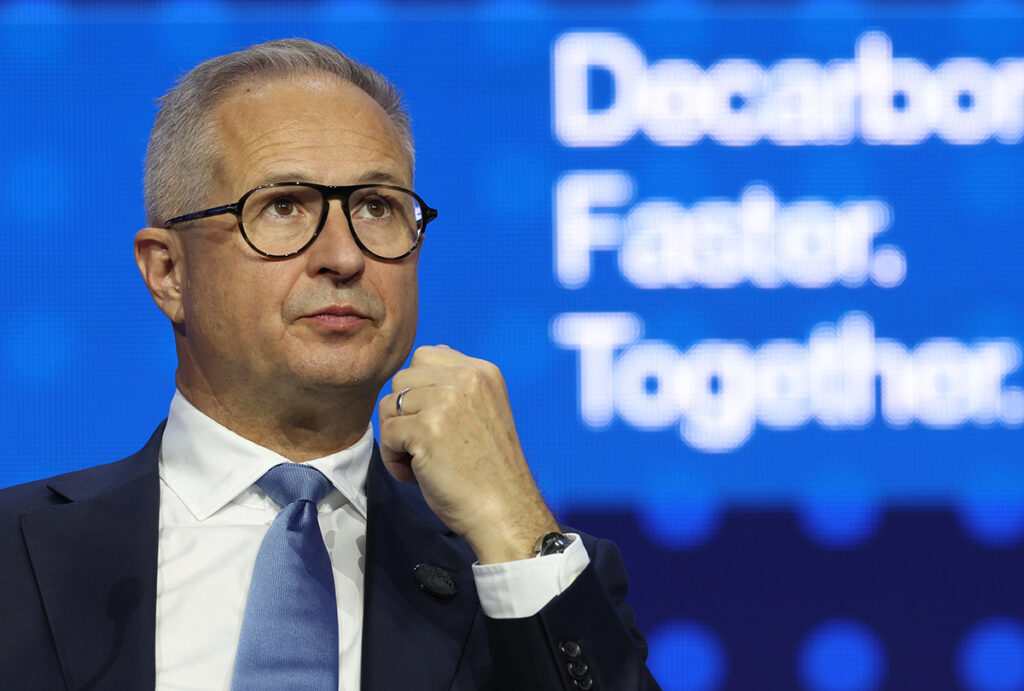
Europe’s economy will continue to rely on imported natural gas for decades to come as the transition to solar and wind takes longer than forecast, according to energy company OMV AG.
OMV expects gas to play a key role in power generation and industrial heating through at least 2050, Chief Executive Officer Alfred Stern said at a briefing in Vienna. To remain competitive, the European Union will have to balance clean-energy investments with funds to tap new hydrocarbon veins, he said.
The Austrian company is currently developing the EU’s biggest gas deposit, Neptun Deep off the coast of Romania. That field is expected to come online in 2027 with 100 billion cubic meters of reserves — equivalent to about four months of consumption in the bloc.
“We’ll need gas longer than many thought just three or four years ago,” Stern said Monday. “The only way to sink prices will be to increase the offering. We need more production.”
Read More: EU’s Biggest Gas Project Lines Up More Buyers Before 2027 Launch
Earlier this month, OMV started a €400 million ($471 million) cost-savings program designed to boost cash flow by the end of 2027. Cuts could affect some 2,000 OMV workers globally, Stern said.
The CEO won’t be around to oversee many of those cutbacks. Stern plans to quit next August, following completion of a merger between OMV’s Borealis unit and Abu Dhabi National Oil Co.’s Borouge in the first quarter of next year.
“I’m a big fan of leaving when the job is finished,” he said.
Read More: OMV CEO Who Signed Chemicals Mega Deal Says He Plans to Quit
Share This:




 CDN NEWS |
CDN NEWS |  US NEWS
US NEWS 
























